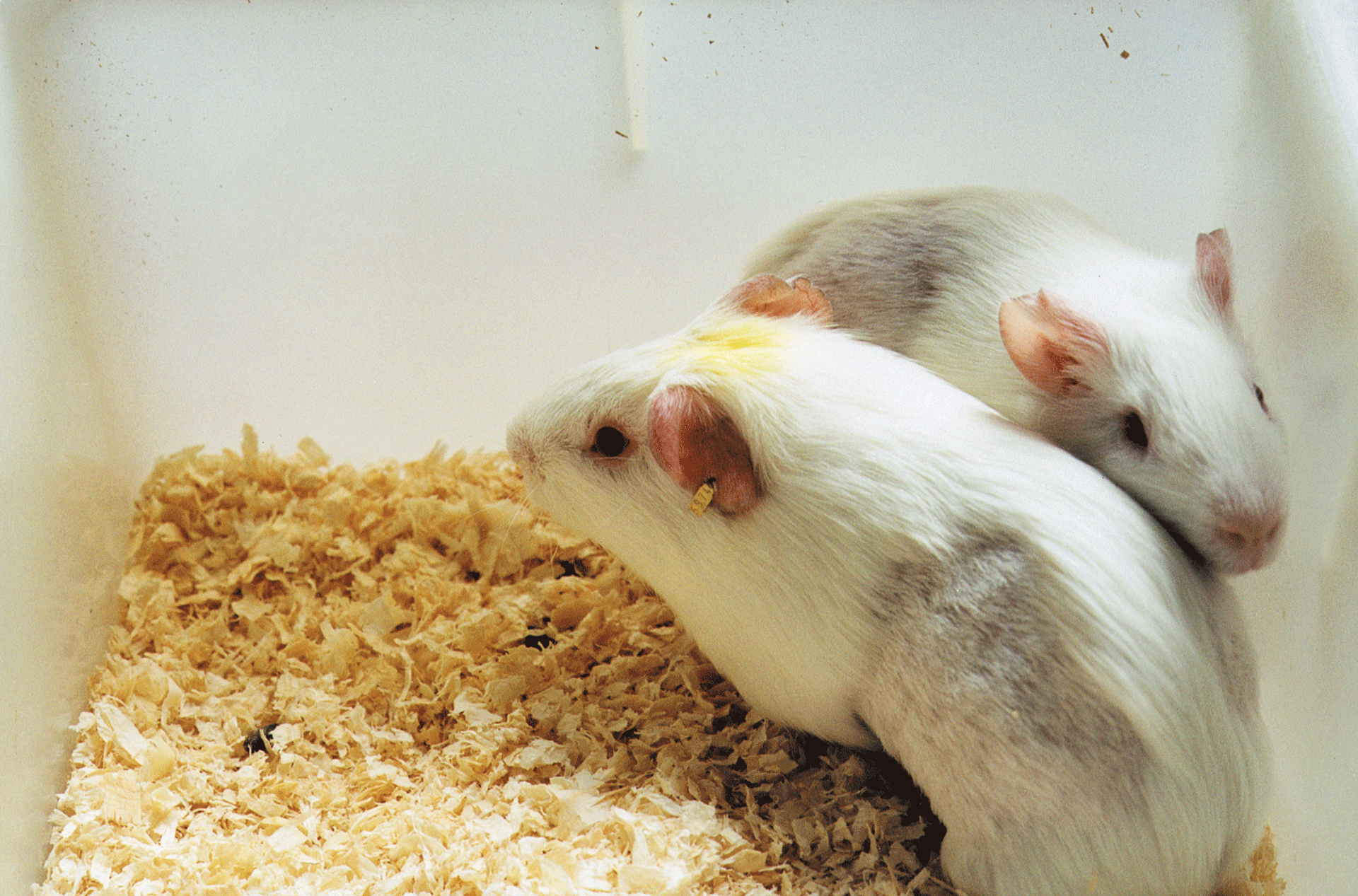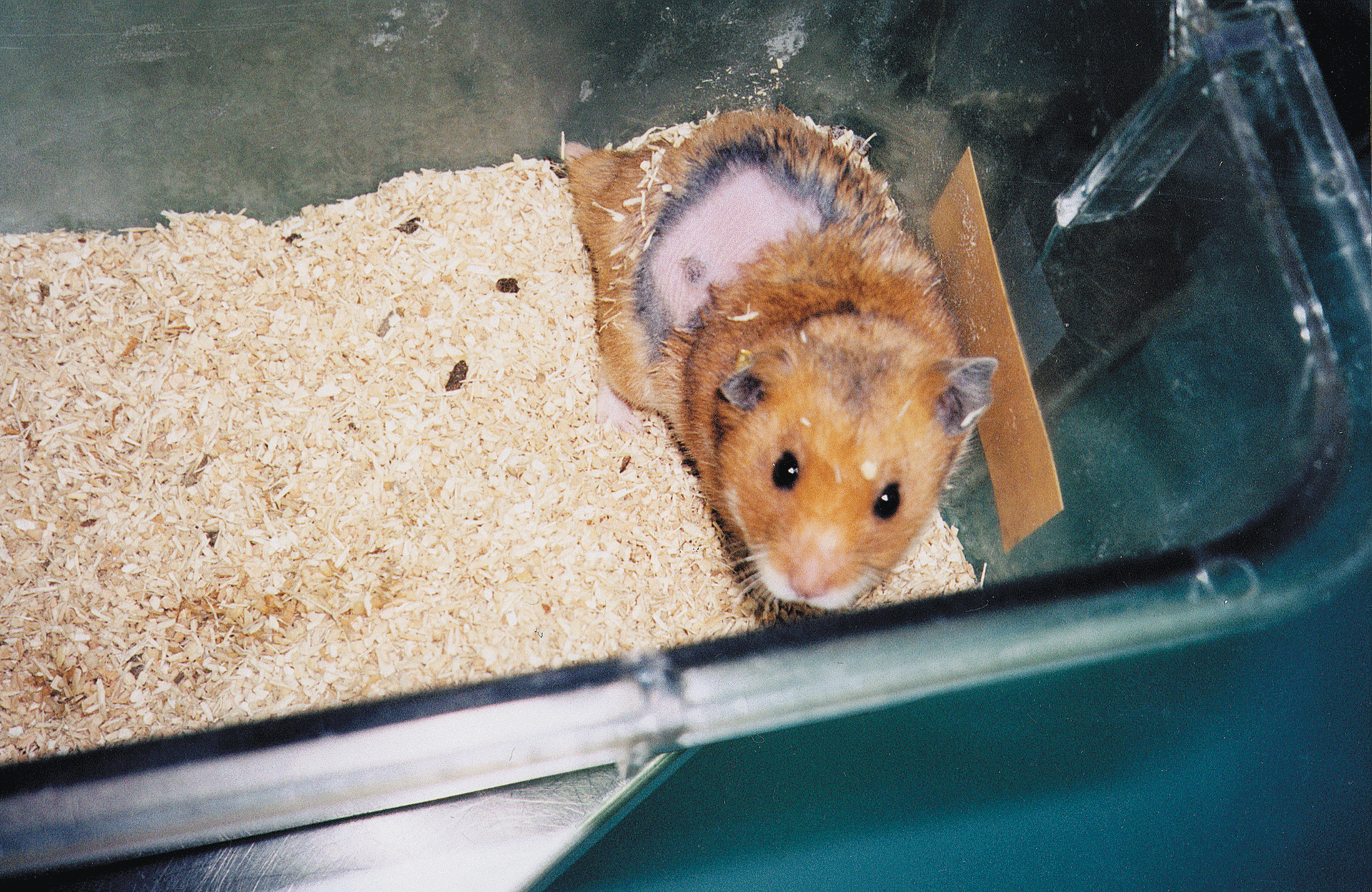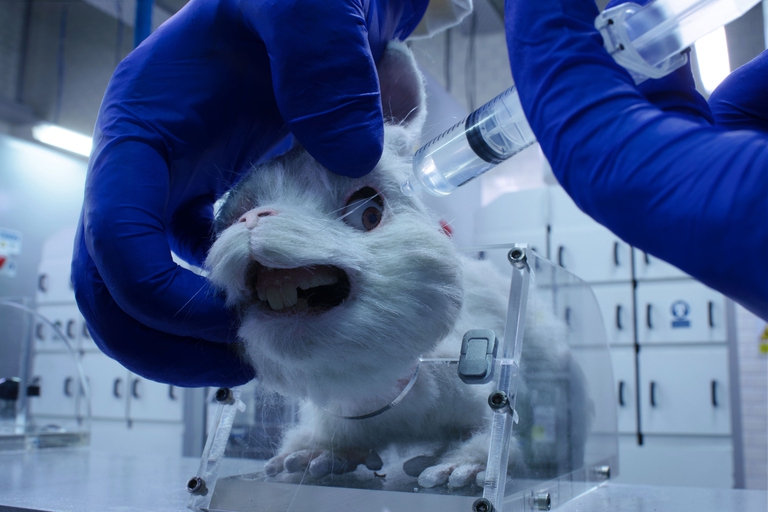https://www.lifegate.it/save-cruelty-free-cosmetics-sperimentazione-animale-cosmetici
- |
The European Union has been pursuing its commitment for almost twenty years cruelty-free, obtained thanks to requests from consumers, animal rights organizations and beauty companies.In 2004 he banned the animal testing for beauty products, in 2009 those for cosmetic ingredients and, finally, in 2013 the sale of cosmetic products tested on animals.The EU approach has thus become the model to follow, the example for achieving regulatory change in countries around the world.An approach which, however, is now under threat, exposing countless animals to the risk of suffering unspeakable torture in the name of beauty and human vanity.

Animal testing and alternative methods
THE'European Chemicals Agency (Echa) has in fact begun to request new tests which are in conflict with the bans in force and hinder the further progress for which the European Parliament has been courageously working since 2018:a global ban on all cosmetic testing on animals by 2023.Some of these tests involve the use of 1,300-2,600 animals for each chemical substance and forceful administration of that substance (or other type of exposure to it) to rodents, fish or other animals, with unrealistic doses, for periods ranging from one week to two years, without using any painkillers.
Furthermore, these tests are done for substances and ingredients that have been used by consumers and handled safely by manufacturers for many years.They are therefore not only cruel, but also useless in the face of alternative methods already in use for decades which allow us to obtain the required safety data, while also being much more relevant for human beings.Every year, more than ten million animals are used in laboratories across Europe in the fields of research and of experimentation for procedures that cause them excruciating suffering.Among these, also the tests of the cosmetic ingredients requested by ECHA, in clear contrast with European legislation and contested by citizens, associations and manufacturing companies.

Save cruelty-free cosmetics
Launched by Pete, Cruelty free Europe, Humane society international/Europe, Eurogroup for animals, European coalition to end animal experiments and supported by Dove, The body shop, Lush, Herbal essences and Aussie, the European Citizens' Initiative”Save cruelty-free cosmetics” recently concluded by collecting 1,414,383 signatures to ask the European Commission to put an end to the inhumane use of animals in cosmetic and chemical tests and to implement an ambitious plan to put an end to all experiments on animals.
Introduced by the Treaty of Lisbon in 2007 to facilitate the participation of EU citizens in the development of European policies, theEuropean citizens' initiative (ICE) is a consolidated and respected participatory democracy mechanism, to which the European Commission is required to respond within six months if the signatures collected and validated exceed one million.A first hoped for but not unexpected goal.According to i polls more recently, in fact, European Union citizens are in favor of the end of animal testing:three quarters think that the EU should invest more in development of alternative methods and almost three quarters agree that the EU should set binding objectives and deadlines to phase out animal testing.

It is therefore necessary to wake up the European Union institutions to the fact that threats to the EU's cruelty-free commitment are not and will not be tolerated.The European population has made it clear what the Commission's task is:unequivocally change course on experimentation and research.Suffice it to say that the number of animals used in laboratories - the ten million reported above - has remained relatively unchanged in the last ten years, making it clear that the lack of progress requires a comprehensive action plan that includes the use of animals in scientific research and toxicological testing.
The Commission must therefore present concrete legislative proposals to gradually eliminate animal experiments and the suffering they cause.A suffering for which he also became the spokesperson Ralph, the animated rabbit from the award-winning short film “Save Ralph” made by Humane society international to shine a spotlight on the plight of all animals in toxicology laboratories.Although Ralph is an animated character, the cruelty that currently afflicts “laboratory rats” like him across Europe, as a result of chemical and cosmetic testing procedures, is so real that it has had a viral impact on many people who moved they signed the European Citizens' Initiative.
The organizers of the initiative now have three months to submit signatures to the competent authorities of the Member States for validation, before being able to submit it to the European Commission and the European Parliament.To date, only six out of a total of ninety registered European Citizens' Initiatives have successfully passed this requirement;another four are currently being validated.Having collected 1,413,383 signatures is a strong signal that "Save cruelty-free cosmetics" can also have a positive outcome.
